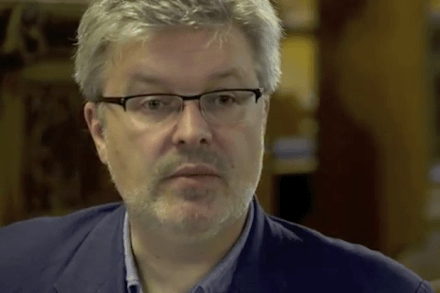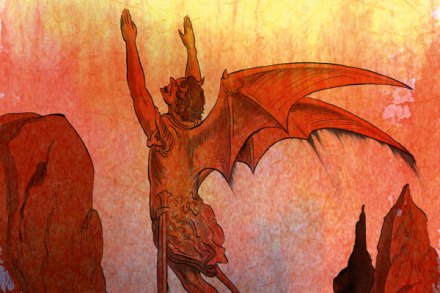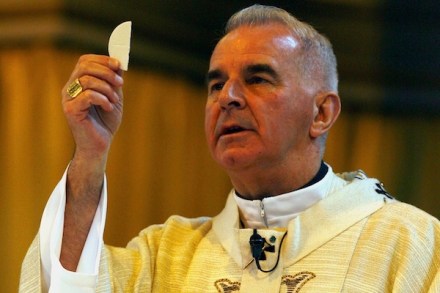The Catholic bishops of England need Damian McBride’s help
Most Coffeehousers are probably profoundly and justifiably cynical about anything masquerading as a consultation exercise in politics, so it might spread a little cheer to see how the Catholic Church goes about it. There’s been a surprising fuss – BBC news coverage; leader in The Times – about Catholic bishops consulting the laity about matters relating to the family. But although it is indeed quite something for the laity to be asked about anything (their views, mind you, aren’t conclusive, so nothing new there) the manner in which the bishops are doing it is fabulously anachronistic, gloriously uncompromising. To put it in context, the bishops are having what’s known as














